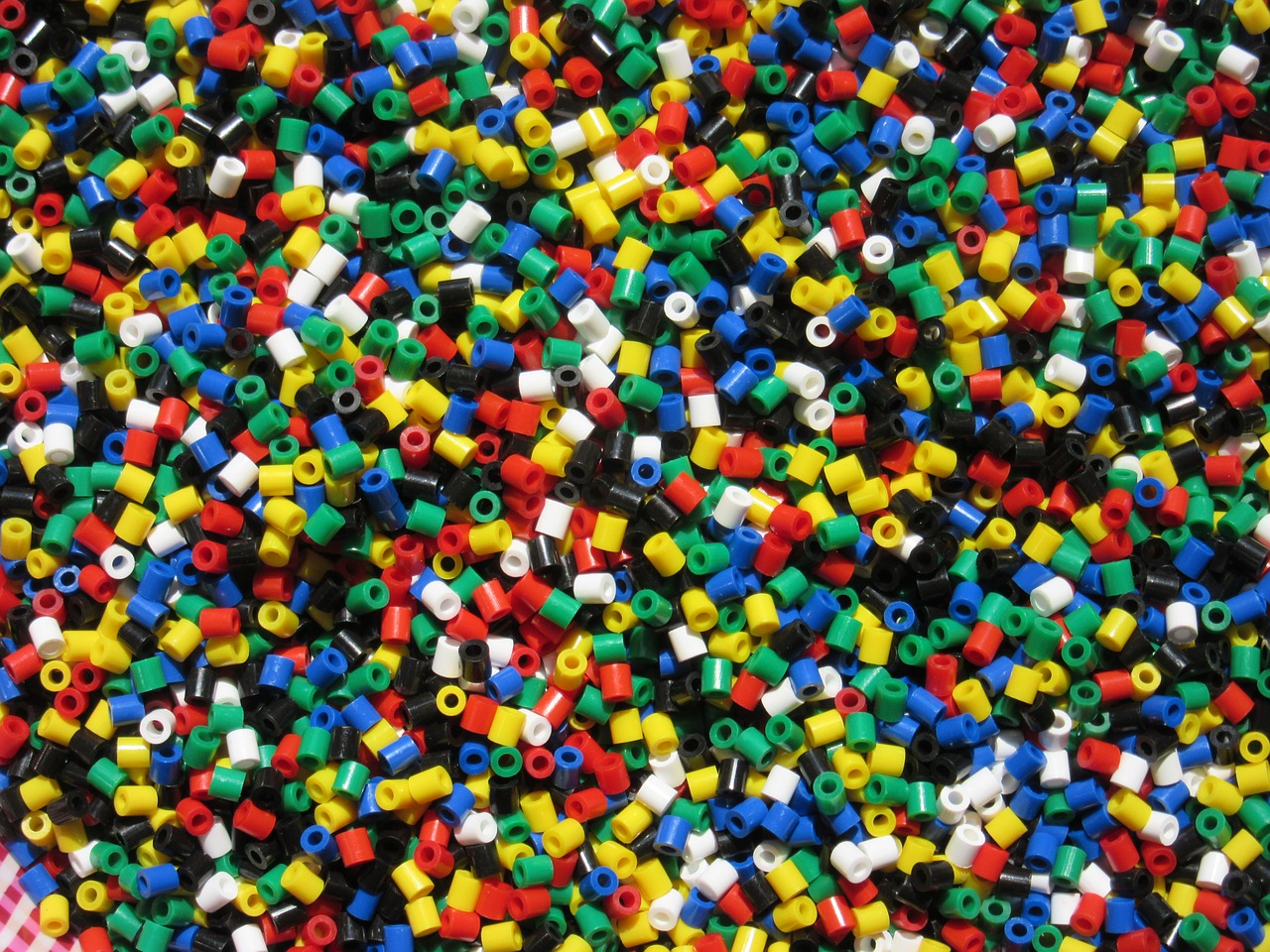Microbeads, those tiny little plastic bits added to cleaning products to make them work better, are pouring into the environment at a staggering rate. An estimated eight trillion of them are released into waterways – enough to cover 300 tennis courts – every day and that number is dwarfed by the amount contained in solid waste and sludge.
A new scientific study published in the journal Environmental Science and Technology has called for the outright ban of microbeads. The study’s authors claim that “microbeads have the potential to be a source of many microplastic particles to aquatic habitats” because of their “current end-of-life strategy” and large production volume.
Because of the large volume in production and current end-of-life strategy, microbeads have the potential to be a source of many microplastic particles to aquatic habitats.
Microbeads absorb other chemicals and make an attractive food source for marine animals. These animals swallow the microbeads and absorb the added chemicals which can cause cellular necrosis, inflammation and laceration of tissues.
Being swallowed by animals is not the only problem with microbeads. The sheer number of them, combined with the flawed claim of biodegradability makes the environmental pollution a very long-term problem. Study co-author Stephanie Green from the College of Science at Oregon State University said that humanity is currently “facing a plastic crisis” and doesn’t even know it.
We’re facing a plastic crisis and don’t even know it. Part of this problem can now start with brushing your teeth in the morning. Contaminants like these microbeads are not something our wastewater treatment plants were built to handle, and the overall amount of contamination is huge. The microbeads are very durable.
Microbeads have become a large part of cleaning products because of the exfoliating action they promote. The beads act like tiny little scrubbers and make the use of many products – including cleaners, body wash, toothpaste and others – a more enjoyable experience.
There have been multiple regulatory attempts to control the pollution caused by the microbeads, and six states ban non-biodegradable forms of microbeads, but because the definition of biodegradable can mean that it takes a very long time to completely degrade, the pollution problem remains.
The information found in the article comes from a variety of scientific sources, some of them from outside of the United States, but, according to Green, the information is valid no matter where it comes from.
























